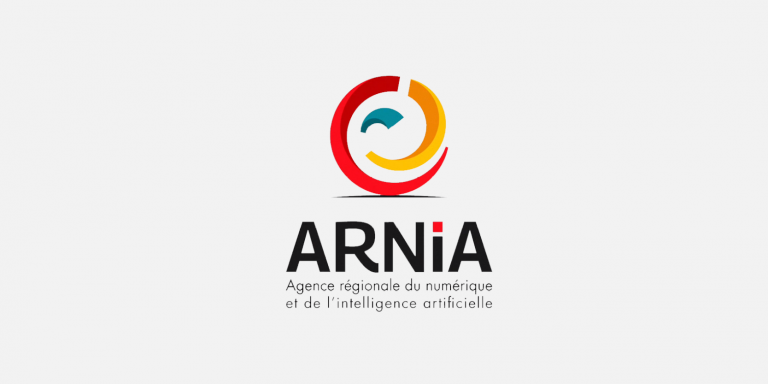
Last December, the Burgundy-Franche-Comté region made official the creation this year of the Regional Digital and Artificial Intelligence Agency: ARNIA, a high-level digital public service, which will support citizens, companies and communities in their digital transition and development.
The COVID-19 pandemic has revealed the strategic importance of the digital transition. The Burgundy-Franche-Comté region then made it its priority for the years 2020-2030 and adopted in October 2020 its Public Policy on Digital Uses (PPUN). The objective of this policy is to “accentuate its role in supporting citizens, promoting the transformation of businesses and meeting the environmental and climate challenge. On the subject of the digital transition, Marie-Guite Dufay, President of the Burgundy-Franche-Comté Region said:
“But this immense field of possibilities, which will continue to disrupt our daily lives, is not without a growing need for support, protection, and learning. Our fellow citizens need the digital tool as much as they need to learn how to use it and to understand its dangers. By adopting its Public Policy on Digital Uses, the Region intends to take these issues head on and set a course to be held for the coming decade.”
The region, within the framework of the PPUN, has created an adapted, flexible and responsive tool for a regional digital public service: the Regional Agency for Digital and Artificial Intelligence (ARN-IA), which has the following objectives:
- Public control of digital issues,
- The federation of actors and the networking of a fragmented ecosystem,
- Supporting the economy in its digital transition,
- The development of a digital public service.
Patrick Molinoz, president in charge of the region’s digital transitions, calls this creation “the 1st in the country in terms of high-level public digital expertise” and states:
“It is absolutely essential that there is a word of general and public interest, devoid of private influence, capable of carrying a reflection and advice on these subjects of digital and for that no community or almost, of BFC has sharp engineering on these subjects. The idea is therefore, with this Regional Digital and Artificial Intelligence Agency, to have in the same group these capacities of reflection and support for the actors of the territory.
Arnia to better master digital and artificial intelligence
The Burgundy-Franche-Comté Region, which is mainly rural, has 3,706 municipalities. Of these, 2,760 have a population of no more than 500 inhabitants, accounting for 20% of the region’s population. ARNIA aims to eliminate social and territorial inequalities accentuated by delays in the deployment of fiber but also the too low digitalization of VSE-SMEs, it also addresses the challenges of cybersecurity and environmental. To do this, it has defined four axes:
- Take up the challenge of digital inclusion to help the people who have the most difficulty with digital technology,
- Supporting the digital transformation of trade, crafts, agriculture and industry and promoting the digital sector,
- Develop an eco-responsible and sober digital technology to serve the ecological and environmental transition,
- Develop a “data policy” to improve understanding of the issues, to facilitate the ownership and use of “open data”, to strengthen their protection and security in a logic of general interest based on sovereignty and respect for individual freedoms.
An expanded version of the TerNum 2030 plan
Patrick Molinoz specifies that Arnia does not replace the TerNum plan presented in 2019, but will instead reinforce it:
“The TerNum 2030 plan of the GIP does not disappear with the advent of the ARNIA agency: it is somehow “increased” within this new entity while the economic model of the GIP is not modified in any way (unchanged financial contribution of members). It is the Region and the State which, by creating this agency, will provide the necessary funding for its implementation. In addition, the agency will be able to rely on the opportunities for project support offered by national and European funding such as CSIRT (Computer Security Incident Response Team), EDIH (European Digital Innovation Hubs), France Relance and Digital Europe.
The ARNIA agency will be implemented this year. In 2023 and 2024, a ramp-up is planned (CSIRT Cybersecurity, technologies and advanced uses), it should be 100% operational in 2025. It plans to recruit 10 to 15 full-time employees: analysts and experts in cybersecurity, AI and data analytics, intelligence and virtual reality, among others. The current director is retiring, so it is also looking for someone to succeed him next June.
Translated from Focus sur ARNIA, Agence Régionale du Numérique et de l’Intelligence Artificielle, du GIP des Territoires Numériques Bourgogne-Franche-Comté









